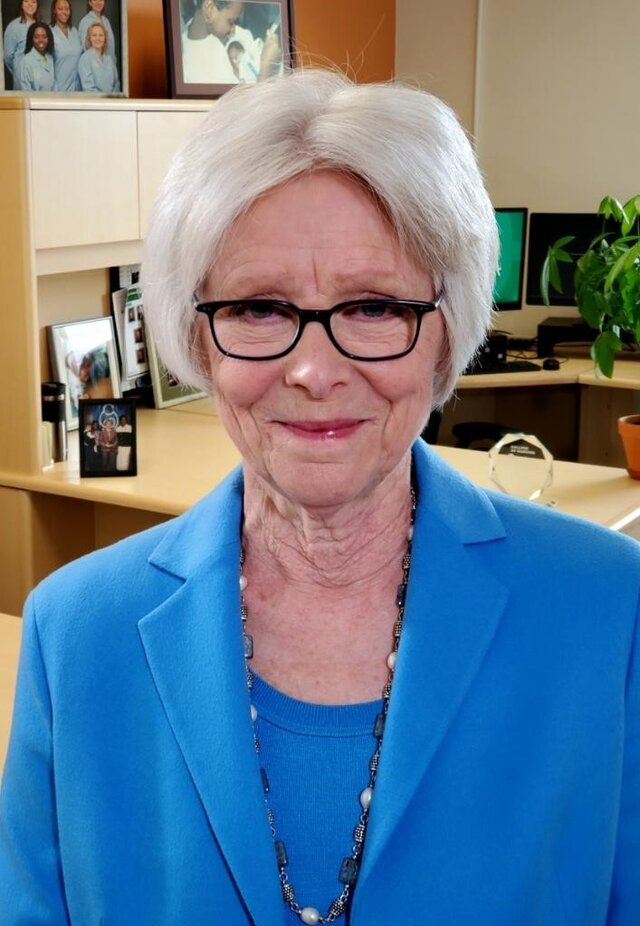You are currently viewing:
Medela - Global
You can select an alternative Medela website in one of these countries:
Products
Pumps
Extra pump parts
Maternity & pumping bras
Bottles & bags
Cleaning
Breast care
Special feeding needs
NICU
Dummies
Bottles & bags
Hospital-only products
Breast milk storage bottles
Easy Pour Breast Milk Storage Bags
Cooler Bag breast milk storage
Feeding bottles with teats
Spare Teats
Calma™ Feeding System
Cleaning
Quick Clean™ Microwave bags
Quick Clean™ breast pump & accessory wipes
Quick Clean™ Breast Pump & Accessory Sanitizer Spray
Breast care
Breast massage oil
Organic nipple cream
Purelan™ lanolin cream
Hydrogel pads
Breast shells
Milk Collection Shells
Contact™ Nipple Shields
Nipple formers
Safe & Dry™ washable nursing pads
Ultra-breathable nursing pads
Special feeding needs
SoftCup
SpecialNeeds Feeder
Supplemental Nursing System (SNS)
FingerFeeder
Baby Cup
Hands-free Electric
Freestyle™ Hands-free double electric wearable breast pump
Solo™ Hands-free single electric breast pump
Pump In Style® Hands-free double electric breast pump
Swing Maxi™ Hands-free Electric Breast Pump
Classic Electric
Swing Maxi™ double electric breast pump
Solo™ single electric breast pump
Sonata® Smart double electric breast pump
Swing Flex™ Two-phase electric breast pump
Swing Maxi Flex™ Two-phase double electric breast pump
Manual
Harmony™ manual breast pump
Silicone breast milk collector
Harmony™ essentials pack manual breast pump set
Symphony - No 1 hospital pump and sets
Symphony® breast pump
Symphony® hospital disposable pump sets
Symphony® hospital reusable pump sets
Symphony® home use pump sets
PersonalFit™ PLUS breast shield
Tubing
Tubing for Freestyle Flex™ and Swing Maxi™ breast pump
Tubing for Medela Hands-free Collection Cups
Power units
Swing Maxi™ power adapter
Pump In Style® Battery Pack
Pump In Style® with MaxFlow™ power adaptor
Maternity & nursing bras
Comfy Bra
Keep Cool™ Bra
Keep Cool™ Sleep Bra
Keep Cool™ Ultra Bra
No Pressure Band™
Enteral Feeding
Medela Enteral Feeding Pump
Medela Extension Sets with ENFit® Connectors
Medela Feeding Tubes with ENFit® Connectors
Medela GraviFeed® Syringes with ENFit® Connectors
Medela Low Dose Dual Cap
Medela Syringes with ENFit® Connectors
Medela TwistLok® Enteral Extension Sets
Medela TwistLok® Enteral Extension Sets with Medication Port
Medela TwistLok® Enteral Straws (for feeding preparation)
Medela TwistLok® Enteral Syringes
Medela TwistLok® G-Tube Extension Sets (for gastric feeding)
Medela TwistLok® GraviFeed® Syringe Lids
Medela TwistLok® GraviFeed® Syringe Primers
Medela TwistLok® GraviFeed® Syringes
Medela TwistLok® Polyurethane Enteral Feeding Tubes
Medela TwistLok® PVC Enteral Feeding Tubes
Medela TwistLok® Silicone Enteral Feeding Tubes
-
Products
- Products
- Pumps
- Extra pump parts
- Maternity & pumping bras
- Bottles & bags
- Cleaning
- Breast care
- Special feeding needs
-
NICU
- NICU
-
Enteral Feeding
- Enteral Feeding
- Medela Enteral Feeding Pump
- Medela Extension Sets with ENFit® Connectors
- Medela Feeding Tubes with ENFit® Connectors
- Medela GraviFeed® Syringes with ENFit® Connectors
- Medela Low Dose Dual Cap
- Medela Syringes with ENFit® Connectors
- Medela TwistLok® Enteral Extension Sets
- Medela TwistLok® Enteral Extension Sets with Medication Port
- Medela TwistLok® Enteral Straws (for feeding preparation)
- Medela TwistLok® Enteral Syringes
- Medela TwistLok® G-Tube Extension Sets (for gastric feeding)
- Medela TwistLok® GraviFeed® Syringe Lids
- Medela TwistLok® GraviFeed® Syringe Primers
- Medela TwistLok® GraviFeed® Syringes
- Medela TwistLok® Polyurethane Enteral Feeding Tubes
- Medela TwistLok® PVC Enteral Feeding Tubes
- Medela TwistLok® Silicone Enteral Feeding Tubes
- Calesca Warming and Thawing Device
- 250ml Breast milk bulk preparation system
- Breast Milk Transfer Lid
- Dummies
- Articles
- Medela Family
- Services
- Lactation Professionals
- Shop Finder
- Contact us
